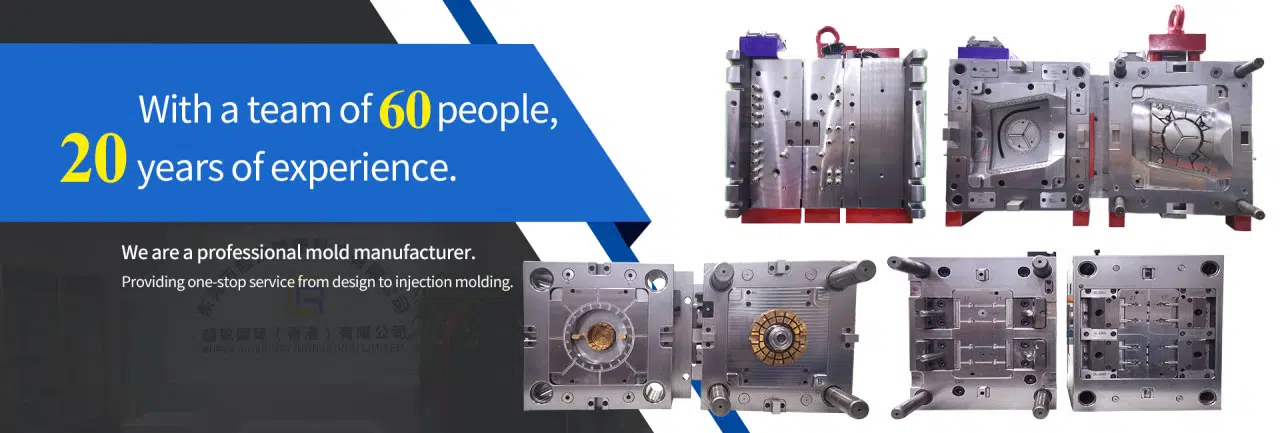
# Quality Assurance in Software Development
What is Quality Assurance in Software Development?
Quality Assurance (QA) in software development refers to the systematic process of ensuring that software products meet specified requirements and standards. It involves a set of activities designed to monitor and improve the development process, ultimately leading to higher-quality software.
Keyword: Quality Assurance
The Importance of QA in Software Development
Implementing robust QA practices offers numerous benefits:
- Identifies defects early in the development cycle
- Reduces development costs by catching issues before deployment
- Improves customer satisfaction with reliable products
- Enhances the company’s reputation for quality
- Ensures compliance with industry standards and regulations
Key Components of Software QA
1. Process Standardization
Establishing standardized development processes helps maintain consistency and quality across projects. This includes defining coding standards, documentation requirements, and review procedures.
2. Testing Methodologies
Various testing approaches are employed in QA:
- Unit testing
- Integration testing
- System testing
- Acceptance testing
- Performance testing
- Security testing
3. Continuous Improvement
QA is an ongoing process that involves regularly analyzing metrics, gathering feedback, and implementing improvements to both the product and the development process.
Best Practices for Effective QA
To maximize the effectiveness of your QA efforts:
- Involve QA teams from the beginning of the project
- Implement automated testing where appropriate
- Maintain comprehensive documentation
- Conduct regular code reviews
- Establish clear quality metrics and benchmarks
- Foster collaboration between development and QA teams
The Future of QA in Software Development
As technology evolves, QA practices are adapting to new challenges:
- Increased focus on AI and machine learning in testing
- Greater emphasis on security and data privacy
- Shift-left testing approaches
- Integration of DevOps and continuous testing
- Expansion of test automation capabilities
Quality Assurance remains a critical component of successful software development, ensuring that products not only function as intended but also deliver value to users while meeting business objectives.